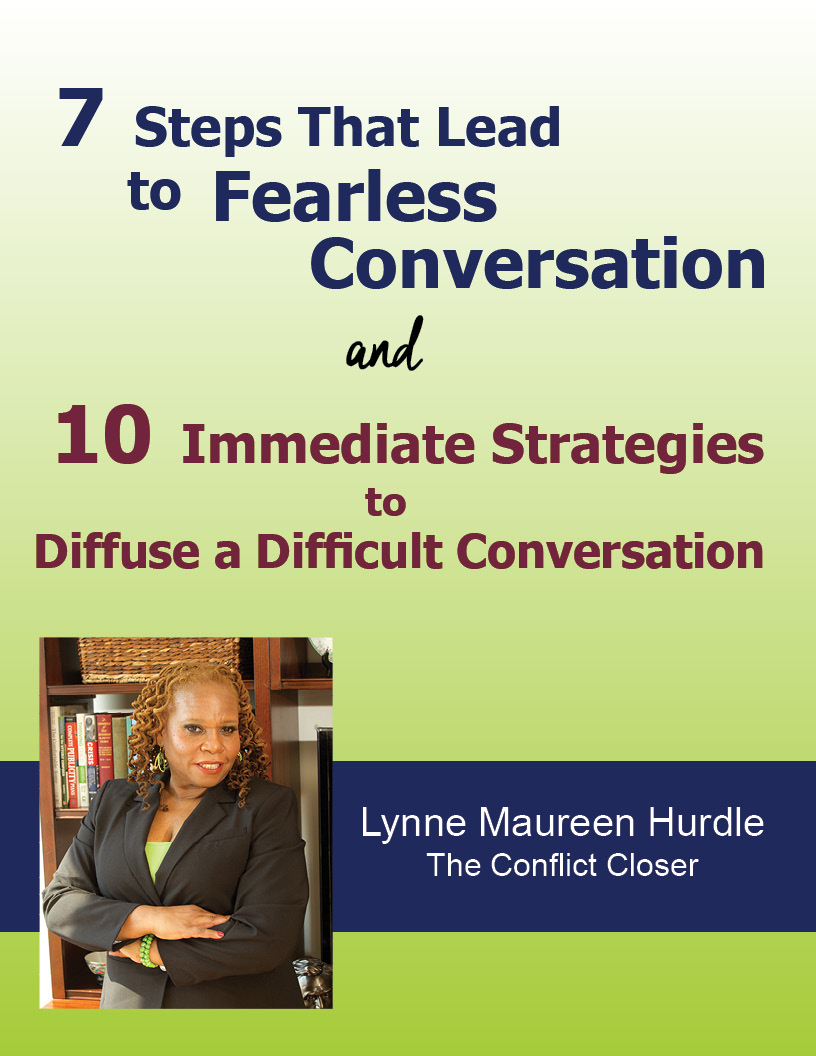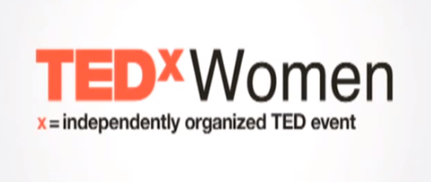”I’m impatient.” Remember that statement from last week’s blog?
But was I really? I mean was that just a part of who I arrived here to be or did I absorb it from the woman who lettered in it, my mom, who quite probably learned it from the woman who mastered it, her mom? This was the question I reflected on in silence for about an hour. My answer was that I learned it. It was entrenched deep. Now what? How does one after stumbling upon this revelation set forth the honest intention to face it and eventually, one day, take it off my plate?
I decided that I have to pay attention to what is happening in the present moment and not focus on the past. I think this is where most people get the wrong message. They think that I am asking them to let go of the past offenses of their child/family member/co-worker and never consider them in the current situation. I am asking you to consider what is happening right before you without attaching anything further to it. That means you are not living in the past or the future.
When we react rather than respond, our emotions are in control, triggering our thoughts of what has gone wrong in the past as well as what are all of the terrible things that can happen in the future if this situation is not taken care of. An emotional reaction does not attach itself to the idea of patiently listening and waiting the situation out.
The truth is there is already so much attached. What is attached in the deeper layer of things is where this all started for you, because it did not start in that moment, it started long before that. The foundation for your reaction was laid in the reactions of those who parented you. Their beliefs, values, expressions, sayings and actions laid the groundwork for this very day and time for you as well as the moments before this one.
When and where and from whom did we learn to take this on as stress and a way of parenting and leading? The fact that I am even questioning myself on this is my first clue. Something within me is curious about this. I have learned to trust my gut when it is trying to tell me something. By now, your insides are probably going crazy.
For many of you, the example I gave of my son’s response in my last blog or non-response in your view was clearly disrespect. If you grew up like I did in a household strongly influenced or ruled by an authoritarian culture then him remaining in his chair after I gave him direct commands was a premiere example of disrespect. In your eyes, my impatience was not only a natural response, but a necessary one to what is clearly defined within the “cultural rule
book” as disrespect.
What I am asking you to do is to suspend that norm for a few moments and follow me here. What if it is not disrespect? What if it is something else? Can you investigate the origins of your label for this behavior? Did your parents lay it down as law? Did the village sanction and promote it? In my case, yes to these latter 2 questions. But here’s the catch, question do I/do you really believe that label or are we actually acting on signs of the familiar? Signs of the familiar? If you did something like that when you were growing up, it was quickly labeled disrespect and dealt with swiftly. That is a sign of the familiar.
When you read the story about my son, you noticed a feeling emerge in you. One that did not feel good, probably produced a little heat that you have felt when your own child has done something similar. Signs of the familiar. Oh yes, our feelings are co-conspirators in regulating the familiar. They too have been trained. But what about the you, that if allowed to, could tune in and think and feel for yourself?
Would that person have something to add to this conversation? The you, that when the layers of conditioning, listening and obeying and acting on auto-pilot are peeled away can speak from the space of who you actually are? It sounds complicated I know, but what it is actually is just the unfamiliar. That you inside is who we are trying to get to right now.
Well, if you have traveled this far with me and you are both curious and skeptical, then, hey I don’t blame you, but hang in there because we are about to go deep. I suspect your next questions are how did I get so wrapped up in the familiar and how do I find that me?
Let’s start with the first one. How in the heck did I get so wrapped up in the familiar that I didn’t even know it? The natural place to look first would be at those that parented us. I grew up in an African American household with my mom, dad and one year older sister. The fact that we are African American is very significant as it pertains to parenting. As with most cultures, there are rules, traditions, sayings and patterns of behavior that are directly associated with our culture. They are done to us and on us and taught to us in many different ways. Parenting is a significant teacher of the ways of culture.
Growing up I remember my mother being stressed out constantly, sometimes over the smallest things and yet in an emergency, she was the one who kept calm and knew what to do. She was a worrier, I mean a ring her hands, pace the floor, keep you from doing what she did not want you to do champion worrier. I got it from her. Worrying became such a stressful part of my adult life. I actually had to unlearn it for my own physical safety. I was drowning in it which triggered a fear reaction, which then caused impatience and it was also causing all kinds of stress related problems. I had chronic headaches, stomach problems, restless sleep, I was eating to calm myself and engaged in wild imaginations about all of the worst things that could happen in life. I was not at peace with myself or my life and all this was before I even became a parent with the added responsibility of guiding little lives to adulthood. It felt like a tremendous burden.
So if I really wanted to take impatience off the table, I had to spend some time with worry and seek out and think about the ways in which it was transmitted to me, what it was serving in me and determine if it was a way of being in the world that I wanted to stay with. I decided that it was not and still it was no simple foe. It was so much easier to keep doing it. It was a behavior I knew well, it was the familiar, releasing it would stretch me out of the comfort zone I was in. I didn’t even have to reach for worry, it was comfortably in my automatic play track. A situation arose and the worry song would start playing before I got a chance to assess what was really happening and the song was on endless repeat.
I didn’t have to think and call anything into question, because worry had it all taken care of for me. “Of course the worst was going to happen. Isn’t the world a worrisome place with so much danger out there? Doesn’t everyone worry? Isn’t it my right to worry? Besides what am I going to do with my time if I don’t worry?” And with that question I finally saw the problem. I was being guided completely by the familiar.
An even larger problem was that even if I wanted to give it up, I had nothing to replace worry with so I had to find something else. I chose faith. You will need to find your own replacement for whatever it is you are choosing to take off the table. I had to understand what I was doing in order to develop opposite behavior. This is an important process if you are going to work to take stress off the table for yourself. It all starts with awareness. Tuning in to your body when you are stressed is the first step to awareness.
I find that the easiest way to get yourself ready to do this when you are experiencing stress is to find a few minutes to sit quietly and tune in to your breathing. Once you are in touch with how and where your breath is being taken in to and moved out of your body, you can start to scan your body from head to toe and notice how you are feeling in each area of your body. This is what stress feels like and did I even notice all of this before I took this quiet time is a question you can ask yourself.
What is one thing that I can identify that I am doing that is causing this stress is your next question. The intent here is not to put the focus on the external, the other, but to shine the light within on your own behaviors. Doing it in love without judgement is the most helpful method. Once you identify your one thing that you would like to take off your stress list, you must begin to trace its roots.
Where did it all begin and why and how is it shaping and playing itself out in your life? The goal here is to become so well acquainted with it that you are aware whenever it shows up and that awareness should give you pause.
This is the process that I used and continue to work with and that you can use as well if you choose to do the work. And by the way, why wouldn’t you choose to do the work?
In love,
Lynne






Beautiful Lynne.
Sending you so much love.
Xx